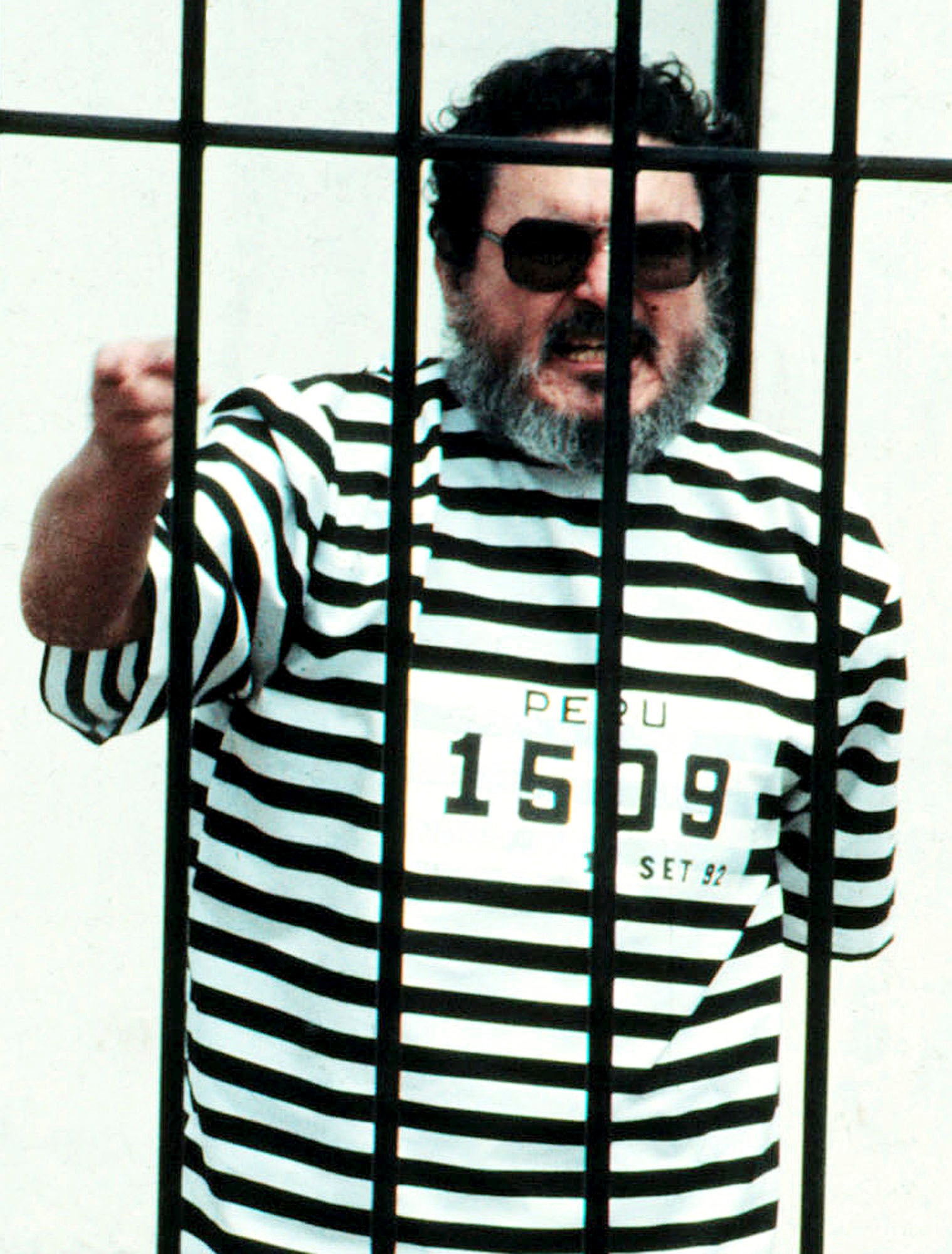Peru says body of Shining Path leader to be cremated
The Peruvian prosecutor’s office has ordered the cremation of the body of Abimael Guzmán, the leader of the brutal Shining Path insurgency who died Sept. 11 in a military jail

Your support helps us to tell the story
From reproductive rights to climate change to Big Tech, The Independent is on the ground when the story is developing. Whether it's investigating the financials of Elon Musk's pro-Trump PAC or producing our latest documentary, 'The A Word', which shines a light on the American women fighting for reproductive rights, we know how important it is to parse out the facts from the messaging.
At such a critical moment in US history, we need reporters on the ground. Your donation allows us to keep sending journalists to speak to both sides of the story.
The Independent is trusted by Americans across the entire political spectrum. And unlike many other quality news outlets, we choose not to lock Americans out of our reporting and analysis with paywalls. We believe quality journalism should be available to everyone, paid for by those who can afford it.
Your support makes all the difference.The Peruvian prosecutor’s office on Thursday ordered the cremation of the body of Abimael Guzmán, the leader of the brutal Shining Path insurgency who died Sept. 11 in a military jail.
Authorities will collect Guzmán’s remains, which remain in a morgue in the port of El Callao, for cremation within 24 hours, in line with the law, prosecutors said in a statement. His ashes will be scattered at an undisclosed date and place.
After Guzmán’s death, the Peruvian Congress passed a law requiring the bodies of those convicted of terrorism to be cremated by authorities within 24 hours of their deaths and forbidding the handover of the bodies to their families.
Guzmán’s wife, Elena Iparraguirre, also sentenced to life imprisonment, had asked for the remains of her husband to be given to her, but authorities denied that request.
Guzmán, 86, died in a military hospital after an illness. The former philosophy professor launched an insurgency against the state in 1980 and presided over numerous car bombings and assassinations in the years that followed. Guzmán was captured in 1992 and sentenced to life in prison for terrorism and other crimes.